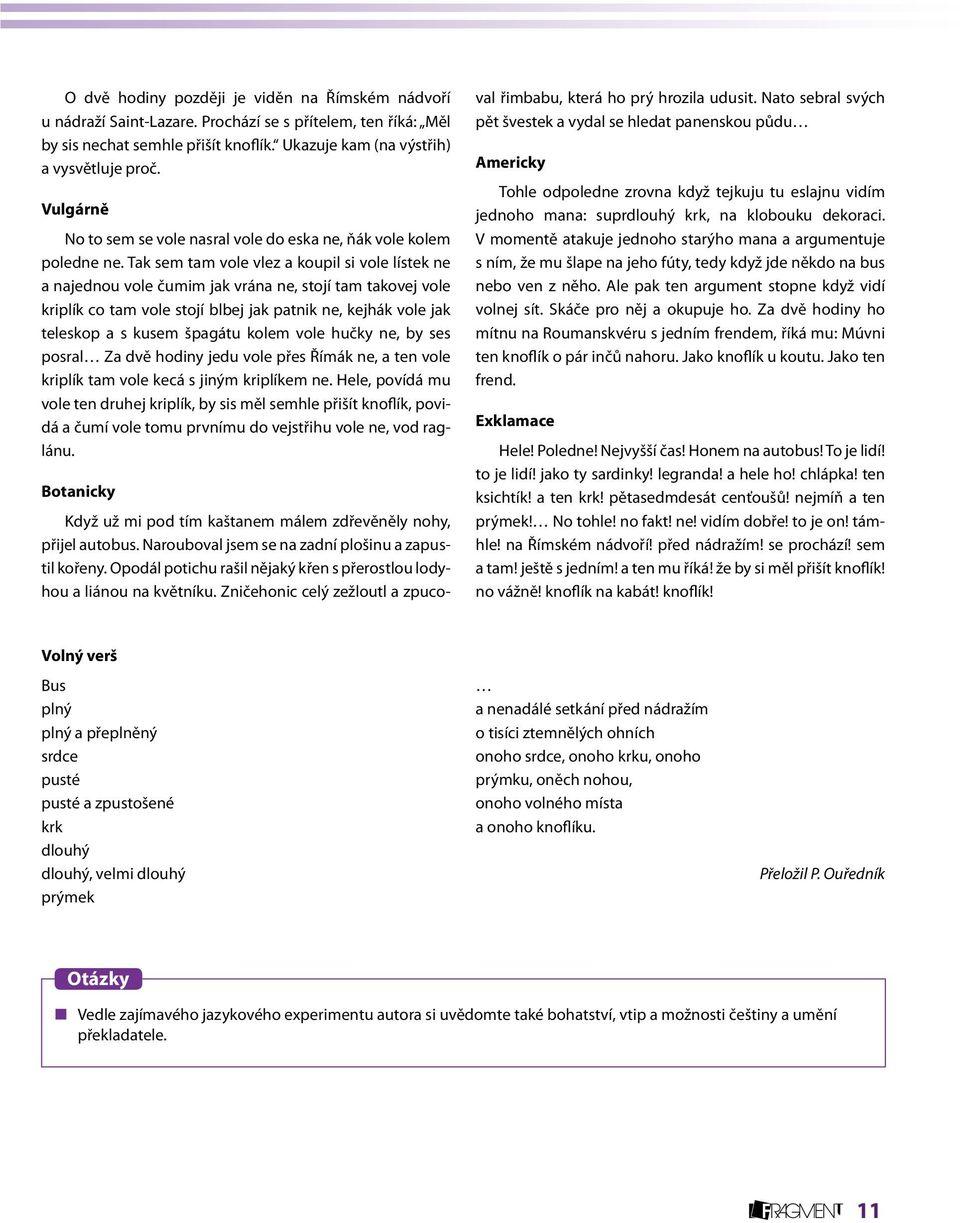Albert Camus Obcy Pdf Free

Free PDF Download Books by Albert Camus. The summation of the existentialist philosophy threaded throughout all his writing, Albert Camus'. EBooks-Library publishes Albert Camus and other eBooks from all genres of literature, both fiction and non-fiction, historical documents and sheet music, all of which. Arcadia So Red Rose Rar : Free Programs on this page.
Albert Camus - eBooks in PDF format from eBooks-Library.com AUTHORS SEARCH TERM SEARCH BY CLASSIFICATION CATEGORY AUTHORS BY NATIONALITY CLASSIFICATIONS Albert Camus Author Code: FCAM Born: Nov. 7, 1913 - Drean, Algeria Died: Jan. 4, 1960 - Villeblevin, France Educated at the University of Algiers, Camus developed tuberculosis in 1930 which forced him to reduce his studies to part-time. He nevertheless persevered and received his BA in 1935 and followed with an MA in 1936. He joined the French Communist Party in 1935 and then joined the Algerian People's Party which led to his expulsion by the communists. He would later become a fervent anarchist. From 1937 to 1939, he worked as a journalist for the Alger-Republicain newspaper, and from 1939 to 1940 for the Soir-Republicain.
In 1940, he began working for Paris-Soir magazine. Disillusioned by the German occupation, he moved to Bordeaux. There he published his first novel, The Stranger (1942), which was well-received. He joined the French Resistance and became editor of their journal Combat. He met and became good friends at this time, with Jean-Paul Sartre, but Camus' anti-communist stance eventually led to their split.
From 1949 to 1950, Camus secluded himself because of a recurrence of his TB, but the following year he published The Rebel. Camus was active in human rights issues during the 1950's.
He was awarded the Nobel Prize in Literature in 1957. Camus and his publisher, Michel Gallimand, were killed in an auto accident. Camus was only 46. His other works include Caligula (1938), The Myth of Sisyphus (1942), The Plague (1947), The State of Siege (1948), The Fall (1956), Reflection on the Guillotine (1957), Exile and the Kingdom (1957), The Possessed (1959) and A Happy Death (1971 Posthumous). EBook Code Title/Sub-Title Pub.
Author: Albert Camus ISBN: 784 Genre: Philosophy File Size: 26. 65 MB Format: PDF Download: 926 Read: 982 Edited by Philip Thody, translated by Ellen Conroy Kennedy. 'Here now, for the first time in a complete English translation, we have Camus' three little volumes of essays, plus a selection of his critical comments on literature and his own place in it. As might be expected, the main interest of these writings is that they illuminate new facets of his usual subject matter.' --The New York Times Book Review '.a new single work for American readers that stands among the very finest.' --The Nation. Author: John Foley ISBN: 719 Genre: LITERARY CRITICISM File Size: 26.
53 MB Format: PDF, ePub Download: 731 Read: 1322 Adopting an interdisciplinary approach, encompassing philosophy, literature, politics and history, John Foley examines the full breadth of Camus' ideas to provide a comprehensive and rigorous study of his political and philosophical thought and a significant contribution to a range of debates current in Camus research. Foley argues that the coherence of Camus' thought can best be understood through a thorough understanding of the concepts of 'the absurd' and 'revolt' as well as the relation between them. This book includes a detailed discussion of Camus' writings for the newspaper 'Combat', a systematic analysis of Camus' discussion of the moral legitimacy of political violence and terrorism, a reassessment of the prevailing postcolonial critique of Camus' humanism, and a sustained analysis of Camus' most important and frequently neglected work, 'L'Homme revolte' (The Rebel). Author: Olivier Todd ISBN: 761 Genre: Biography & Autobiography File Size: 76. 32 MB Format: PDF, ePub, Docs Download: 138 Read: 1241 In this enormously engaging, vibrant, and richly researched biography of Albert Camus, the French writer and journalist Olivier Todd has drawn on personal correspondence, notebooks, and public records never before tapped, as well as interviews with Camus's family, friends, fellow workers, writers, mentors, and lovers. Todd shows us a Camus who struggled all his life with irreconcilable conflicts--between his loyalty to family and his passionate nature, between the call to political action and the integrity to his art, between his support of the native Algerians and his identification with the forgotten people, the poor whites. A very private man, Camus could be charming and prickly, sincere and theatrical, genuinely humble, yet full of great ambition.